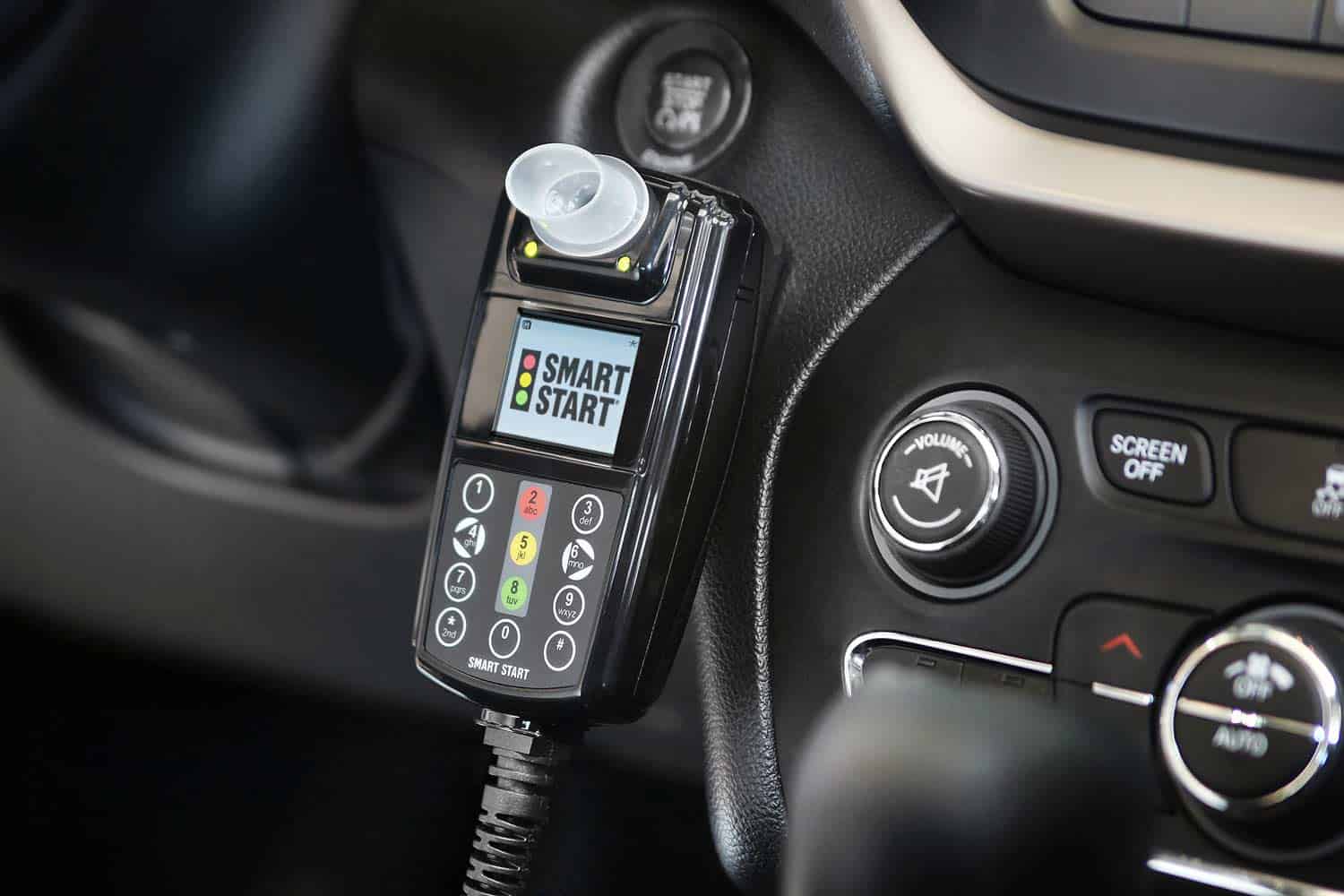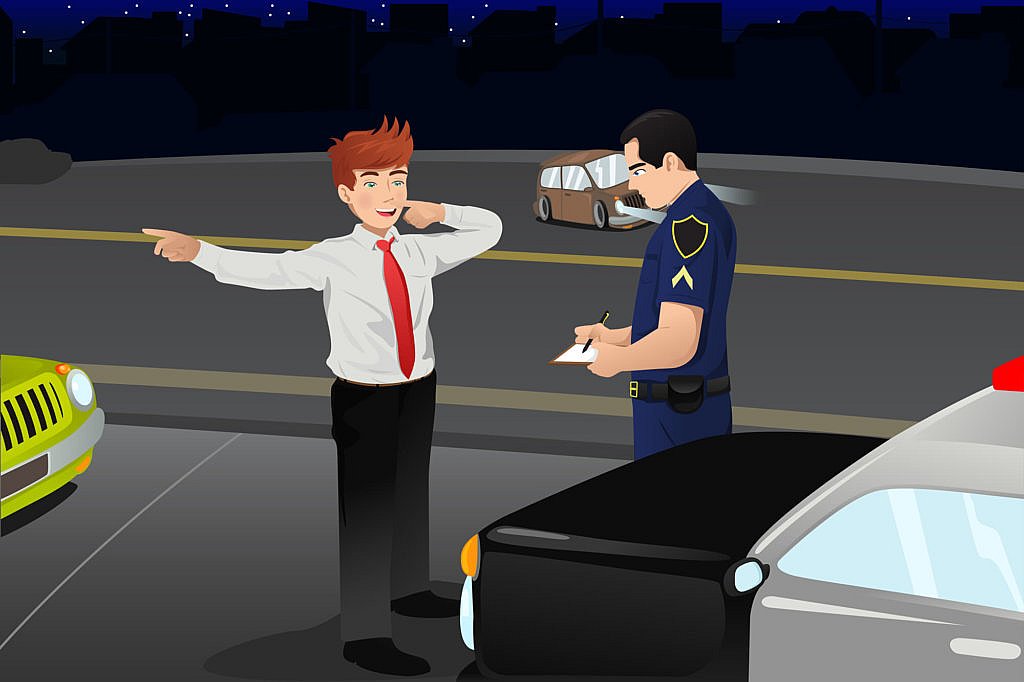If you’ve recently been charged with a DUI, you’ve probably already heard about your upcoming DUI hearing. Almost immediately, myths and half-truths start circulating from friends, coworkers, and online forums. The problem is simple: much of what people believe about a DUI hearing is flat-out wrong.
Understanding exactly how a DUI hearing works is critical because the outcome can directly affect your license, criminal case, finances, and freedom. In this guide, we’ll debunk the most common misconceptions about DUI hearings, clarify the facts, and share real-life stories that demonstrate how these hearings actually unfold. If you’re asking yourself, “what should I expect at my DUI hearing?”, keep reading.

What Is a DUI Hearing?
A DUI hearing is a legal proceeding where the state addresses charges of driving under the influence of alcohol or drugs. In most situations, you’re actually dealing with two separate hearings:
- The Administrative Hearing, which focuses on your driving privileges and is handled by the state’s department of motor vehicles (or its equivalent).
- The Criminal Court Hearing, where criminal charges, fines, potential jail time, or probation are on the table.
One major misconception is assuming there’s only one hearing or that both hearings occur automatically. In reality, you often must request the administrative hearing yourself, usually within 7 to 15 days after your arrest. Miss that window, and your license could be suspended automatically.
Real-Life Story: Mark Missed His DUI Hearing Window
Mark’s arrest for DUI happened late on a Saturday. After his release, confusion and anxiety clouded his thinking. His paperwork clearly stated that he had 10 days to request an administrative hearing to challenge his license suspension. However, Mark mistakenly assumed that the criminal court date covered everything. By the time he realized the distinction, his DMV deadline had passed, and his license was suspended automatically—before he even set foot in criminal court.
Mark’s situation highlights how easily misconceptions about DUI hearings lead to serious consequences.
Misconception #1: The DUI Hearing Is Just a Formality
Many people view the DUI hearing as a minor step—one that doesn’t really impact their case. They think the criminal trial is where the real fight happens. This belief is dangerously incorrect.
The administrative DUI hearing can determine whether your license is suspended long before criminal court even begins. It’s your first opportunity to challenge:
- Whether the officer had probable cause to stop you.
- Whether arrest procedures were lawfully followed.
- Whether chemical testing was administered properly.
Failing to contest the administrative hearing could lead to an automatic suspension, even if you later win your criminal trial.
Misconception #2: If I Win My DUI Hearing, My Charges Are Dropped
Another common misconception is that winning your administrative DUI hearing automatically means your DUI charges will be dropped in criminal court. This is simply not true.
The administrative hearing and the criminal trial are two completely separate legal processes:
- The administrative hearing only deals with your driver’s license.
- The criminal trial addresses your guilt or innocence of theDUI charge.
You could win one and lose the other. For example, an officer’s procedural mistake might result in your license being reinstated at the DMV hearing, but that doesn’t mean the prosecutor won’t still pursue criminal charges.
Real-Life Story: Emily’s Partial Victory
Emily successfully challenged her license suspension at the administrative hearing after showing the arresting officer had no probable cause for the initial stop. However, the district attorney still pursued DUI charges based on her BAC test results. Although her victory at the DUI hearing was helpful, she still faced serious consequences in criminal court.
Emily’s story illustrates how winning a DUI hearing doesn’t end the legal fight.
Misconception #3: Hiring a Lawyer for My DUI Hearing Is a Waste of Money
Many people wrongly believe they don’t need an attorney for a DUI hearing—especially the administrative part. But the truth is, a skilled DUI attorney can make a major difference.
Why? Because DUI law is highly technical. An experienced lawyer can:
- Spot procedural errors in the arrest
- Challenge the validity of field sobriety or chemical tests
- Cross-examine the arresting officer at the hearing
- Preserve evidence that may also help your criminal defense

Even if you think the evidence against you is strong,DUI attorneys know where to look for weaknesses that most people (and even many general practice lawyers) overlook.
Real-Life Story: Tony’s Attorney Found the Key Detail
Tony was sure he didn’t stand a chance at his DUI hearing. His BAC was 0.09, just above the legal limit. But his attorney reviewed the breathalyzer maintenance records and discovered the machine hadn’t been properly calibrated for months. At the hearing, this evidence convinced the DMV to reinstate Tony’s license.
Tony’s case shows why professional legal help can be invaluable at your DUI hearing.
Misconception #4: The DUI Hearing Is Exactly Like a Criminal Trial
Many defendants assume a DUI hearing will resemble a full-blown courtroom trial. In truth, administrative hearings are far less formal. They typically involve:
- No jury
- A hearing officer instead of a judge
- Relaxed rules of evidence
- Shorter timeframes (often less than an hour)
- Direct questioning of the arresting officer
However, while these hearings are more informal, they are still legally binding. What you say during your administrative hearing may be used against you later in criminal court. This is another reason why legal representation is so important.
Image Alt Text Suggestion:
“Attorney cross-examining officer during informal DUI administrative hearing”
Misconception #5: If I Refuse a Breathalyzer, I Avoid a DUI Hearing
Some drivers believe refusing to take a breathalyzer test means they can avoid both DUI charges and the DUI hearing altogether. Unfortunately, that’s not how implied consent laws work.
Every state has some version of an implied consent law, which means:
- By driving on public roads, you agree to submit to chemical testing if lawfully arrested for DUI.
- Refusing a breath or blood test often leads to automatic license suspension.
- You still face both administrative and criminal proceedings, sometimes with added penalties for refusal.
In fact, refusing to test may trigger an even longer suspension at your DUI hearing—even if you never get convicted in criminal court.
Real-Life Story: Maria’s Breathalyzer Refusal Backfired
Maria thought refusing the breath test would protect her from a DUI conviction. Instead, she faced an automatic one-year license suspension at her administrative DUI hearing simply for refusing. Although her criminal charges were later reduced, her license remained suspended under implied consent laws.
Maria’s experience highlights how misunderstanding DUI hearing procedures can make things worse.
Misconception #6: DUI Hearings Only Matter for First-Time Offenders
Another dangerous myth is believing that only first-time offenders need to worry about a DUI hearing. In reality, repeat offenders face even harsher consequences at these hearings, including:
- Longer license suspensions
- Lifetime license revocation after multiple offenses in some states
- Mandatoryignition interlock devices

Every DUI hearing matters, whether it’s your first or fifth arrest. Each hearing influences your driving record, insurance rates, criminal sentencing, and long-term legal status.
DUI Hearing Timeline: What Actually Happens
Let’s walk through a typical DUI hearing timeline so you know what to expect:
Step 1: Act Quickly
You generally have 7 to 15 days from arrest to request your administrative hearing. Failing to request it often triggers an automatic license suspension.
Step 2: Build Your Defense
Gather supporting evidence—such as dashcam footage, maintenance logs, or witness statements. Consult a qualified DUI attorney to guide your defense strategy.
Step 3: Attend the Hearing
The DMV hearing officer reviews officer testimony, arrest reports, and your evidence. These hearings are generally brief but impactful.
Step 4: Criminal Court Follows Separately
The criminal trial proceeds independently from the administrative process, following traditional court protocols.
Real-Life Story: Kevin Saved His License but Lost in Court
Kevin successfully challenged his license suspension at his administrative hearing by highlighting inconsistencies in the officer’s report. Later, though, his BAC test held up in criminal court, resulting in a guilty verdict. Although Kevin temporarily retained his license, his criminal record still bore the DUI conviction.
Kevin’s situation reveals how DUI hearings form just one front in a larger legal conflict.
DUI Hearings and Insurance Premiums
Even after winning your administrative DUI hearing, insurance companies may still react harshly. Most insurers flag any DUI arrest as high risk, regardless of court outcomes.
Consequences often include:
- Doubling or tripling of premiums.
- SR-22 filing requirements.
- Elevated rates that can last for years.
Thus, the financial effects of a DUI hearing can extend far beyond the courtroom.
Misconception #7: License Suspension Is Guaranteed
Many believe that a DUI hearing inevitably leads to losing your license. But drivers do successfully defend themselves at these hearings. Common defenses include:
- Lack of probable cause for the traffic stop.
- Malfunctioning breathalyzer equipment.
- Medical issues affecting test results.
- Mistakes in field sobriety tests.

While challenging these factors is difficult, skilled attorneys often uncover critical errors that tip the scales.
Final Thoughts: Exposing the Myths About DUI Hearings
When it comes to DUI hearings, misinformation can be your greatest liability. False assumptions could cost you your license, your freedom, and your financial stability. That’s why understanding the process—and securing experienced legal help—is so important.
The truth is simple: your DUI hearing is far more than a routine formality. It’s your first and often most critical opportunity to protect your driving privileges and shape your criminal defense strategy. Every decision you make at this stage can influence the outcome of your entire case.


